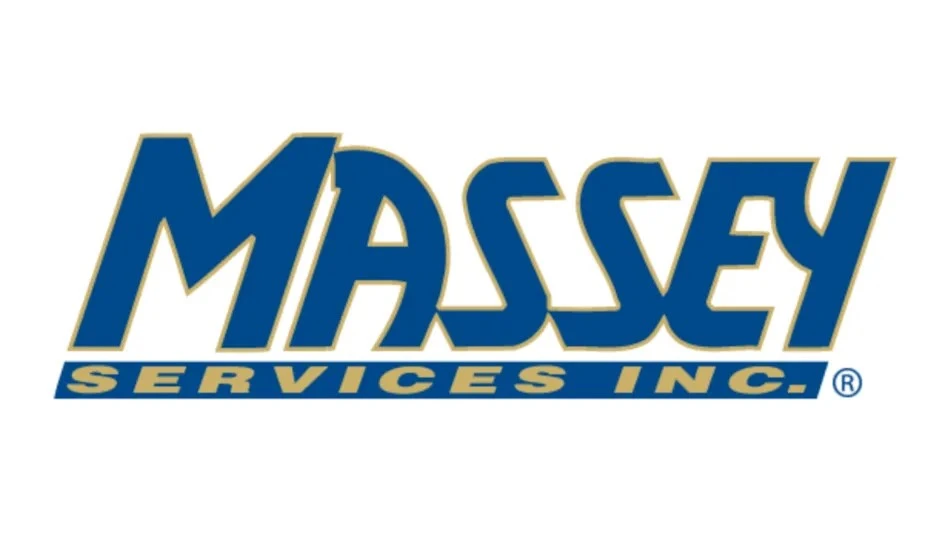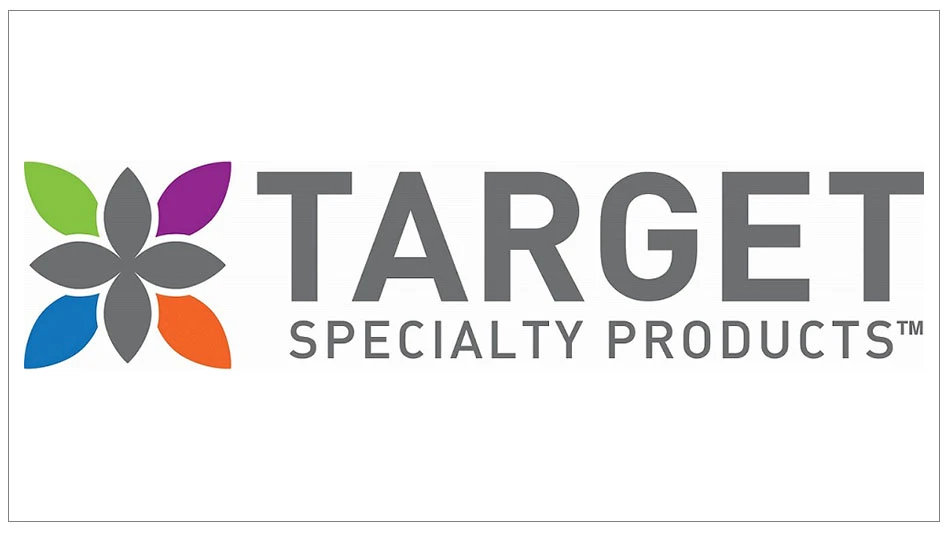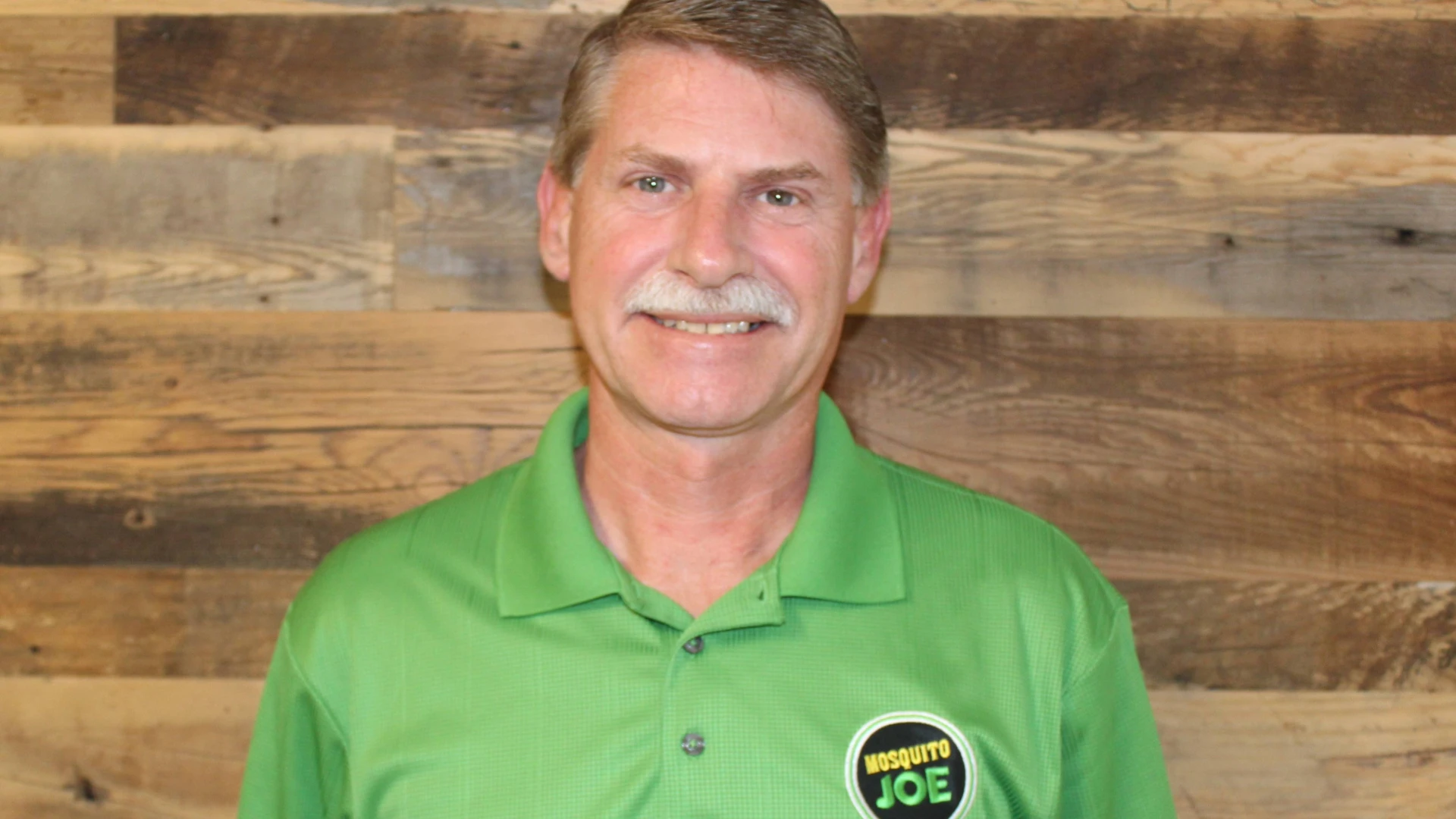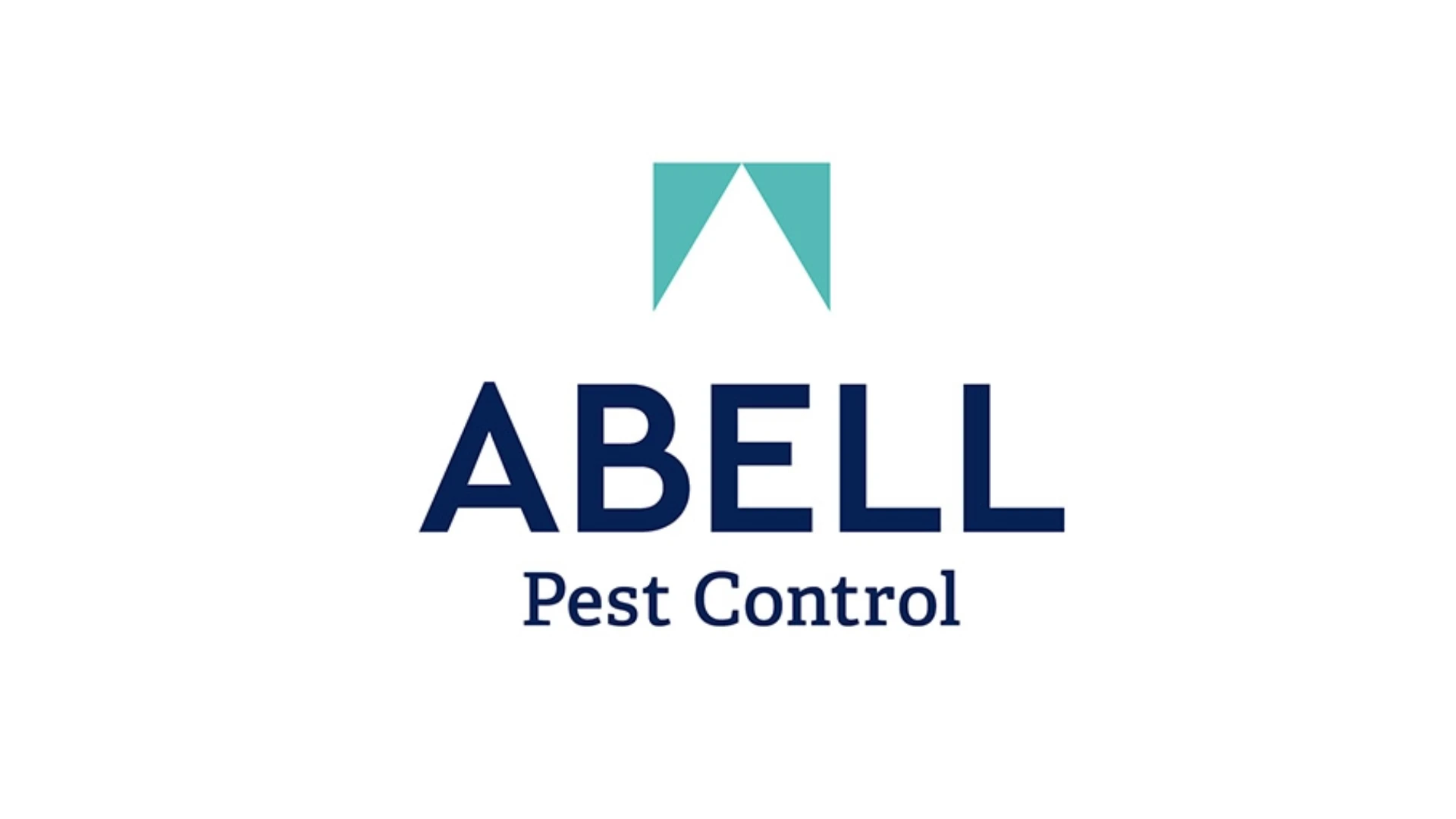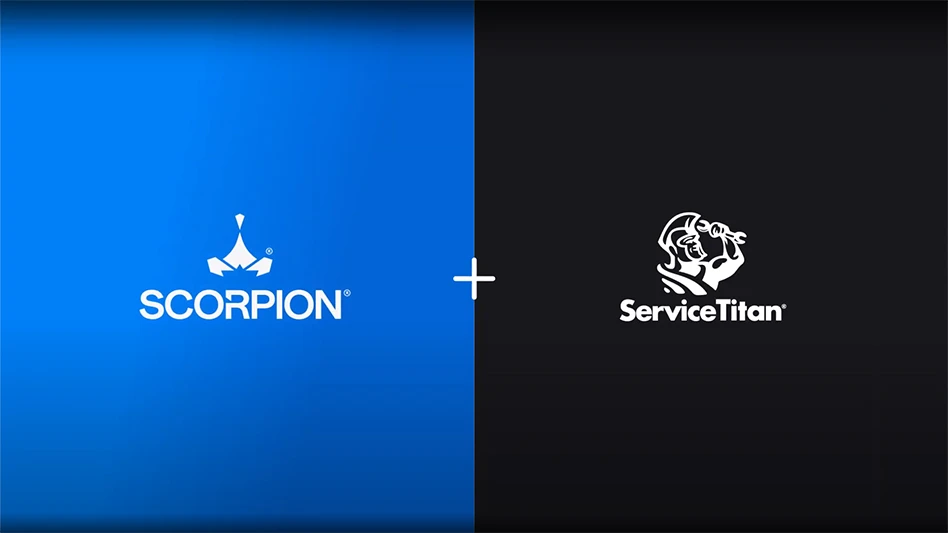While new products and technology may have changed, modern pest management is still comprised of services that are only as good as the men and women in the field.
J.C. Ehrlich has long understood that only the best, most qualified technicians are absolutely critical to its success. Thus, the Reading, Pa.-based company invests considerable time and resources into its people. In fact, the company states that 62 cents of every dollar it spends is on co-workers, making them the company’s highest expenditure.
Beginning with a two-day new co-worker orientation and continuing through to various levels of advanced training, J.C. Ehrlich has a support system in place to give its co-workers opportunities to succeed and advance their careers.
FOR THE LONG HAUL. Most companies today are dealing with the challenge of not only finding qualified workers — but retaining them. The labor shortage is particularly tough for pest control companies, whose business depends on people — not machines — able to deliver high-quality service.
J.C. Ehrlich understands the importance of continuity in the service industry, which is why the company has taken a number of proactive measures to encourage long-term employment. In addition to a comprehensive benefits package, J.C. Ehrlich technicians are rewarded for quality work and long-term company commitment through the J.C. Ehrlich Career Advancement Program.
J.C. Ehrlich President Victor Hammel modeled the J.C. Ehrlich Career Advancement Program after a European apprentice system in which workers first learn their craft, then put it into practice and continually hone their skills, becoming well-respected tradesmen. Similarly, technicians in the J.C. Ehrlich Career Advancement Program move through the ranks (five levels) with the ultimate goal of becoming “Senior Technicians.”
“I think everyone likes to have a sense of progress, yet we realize that not everyone wants to be promoted or will be qualified to be promoted to another position,” said John Tercha, vice president of the company, who has 24 years of experience. “But we can advance them within their existing position without having a job change.”
The achievement levels a technician must advance through in order to become a senior technician include:
• Level I: Trainee
• Level II: Apprentice Technician
• Level III: Technician
• Level IV: Technician First Class
• Level V: Senior Technician
Following orientation, new technicians spend the first six to eight weeks in training, or Level I of the Career Advancement Program. During Level I, trainees must fulfill a list of training requirements, study The Scientific Guide to Pest Control Operations and the Ehrlich Operations Guide and become registered (if required by their state). At the end of this training period technicians must pass the Basic Skills Exam in order to advance to the next level — Level II.
Levels II (apprentice technician) and III (technician) are also focused on beginning skills. Again, technicians must pass both educational and performance appraisals in order to advance to the next levels. It usually takes technicians 12 to 14 months to make it through levels I, II and III.
To reach Level IV (technician first class) technicians need to be employed with the company for at least 36 months, have passed the Advanced Skills Exam and be state certified in the categories he or she is working.
After working as a technician first class for a minimum of three years, technicians may be promoted to the rank of senior technician, or Level V. In addition to having met the requirements of the four previous levels, senior technicians must complete the Purdue Pest Control Course and receive two consecutive Annual Performance Reviews with no “Unacceptable” or no more than seven “Requires Improvement” ratings. Additionally, they must satisfactorily complete the Senior Technician Examination. As compensation, senior technicians receive additional incentive pay and a $345 annual performance bonus in December. In order to maintain “Senior Technician” status technicians must meet the standards of no more than five “Requires Improvement” ratings and pass a competency test every other year.
THE PAYOFF. All of the extra money and resources J.C. Ehrlich invests in the Technician Career Advancement Program have multiple benefits for both the company and individual technician.
The most obvious benefit is having well-trained, highly skilled veteran professionals in the field. The company believes that in many instances its internal requirements are more stringent than the state’s (i.e., J.C. Ehrlich technicians are certified — even when the state doesn’t require it).
“There is a level of expertise we want to have,” said regional manager and co-owner Bobby Hammel, who has been with the company for 30 years. “I do not have any single piece of documentation to show this and how it has progressed. Based on my experience, we are giving a far better level of service now than we did in the past.”
Another benefit to J.C. Ehrlich is financial. By retaining quality workers, J.C. Ehrlich is able to reduce the high cost of turnover. For example, some pest management firms say that it costs them thousands of dollars to lose an employee and hire a new one.
Plus, the money the company spends on the front end — training and retraining co-workers and rewarding long-term co-workers — is often made up on the back end with customer retention. J.C. Ehrlich encourages its technicians to take “ownership” of their routes and its technicians do not frequently change routes. Instead, they are encouraged to develop trust and long-lasting relationships with their customers by personalizing their service. Part of a technician’s pay is from a Customer Satisfaction Bonus, which is based, in part, on customer retention.
For example, Scott Schmidt, a senior residential technician for the last 20 years at the company’s Allentown, Pa.-district office, said technicians do self-initiated services, which basically involves following up on accounts that are having problems and taking the initiative to do it. “We take that extra step to do extra service without waiting for the customer to call in,” Schmidt says.
Bruce Bachman, a senior commercial technician the last 16 years at the company’s Allentown, Pa.-district office, says he has provided extras without drawing any attention to it. “I could be working on a commercial account and come across a yellowjacket problem,” he says. “I might just do it and not charge for it even though it’s not a technically covered pest. A little effort goes a long way to retaining customers. It may even soften the blow if there is a price increase.”
Another benefit of experienced co-workers is marketing. J.C. Ehrlich promotes that it has “career” technicians. The company’s marketing materials highlight that the average J.C. Ehrlich technician has been with the company for nine years. Plus, technicians have the option of having a decal on their truck that says “A co-worker since 19__.”
Technicians also benefit from J.C. Ehrlich’s Career Advancement Program in a number of ways. In addition to receiving pay increases as they advance through the various levels, technicians gain new titles and new responsibilities.
“It’s a way to challenge technicians and keep them motivated and ultimately that is what keeps people,” said J.C. Ehrlich Technical and Development Director Dave Fisher, who has been with the company for 18 years. “We feel that if we give our co-workers the opportunity for more responsibility, they will feel more challenged and more valuable and they will stay with the company.”
Although there is no way to really measure the direct correlation between J.C. Ehrlich’s Career Advancement Program and its retention success, Fisher says that more than 88 percent of J.C. Ehrlich’s co-workers are participating in the company’s 401(k) retirement plan.
“We have young people in the their mid-20s already thinking of retirement, which means they are thinking of making a career with Ehrlich,” Fisher said.
The author is managing editor of PCT magazine. He can be reached at bharbison@pctonline.com.
|
THE FIVE A's OF CUSTOMER RETENTION At J.C. Ehrlich, new hires are taught the “Fives A’s of Customer Retention”: • Anticipation: Look ahead and prepare what we will need to do our work. • Attitude: Your state of mind highlights everything you do. • Appearance: First impressions count. We dress, act and speak in a profes- sional manner from the first customer contact of the day to the last. Our vehicles and tools are appropriate for the job — and in good repair. • Action: We do what we say we will do — we are reliable. We follow through. • Assurance: We are trustworthy. We consistently handle additional service requests quickly, effectively and hassle-free for our customers. |
|
EARNING THEIR STRIPES Service technicians at J.C. Ehrlich who reach “Senior Pest Control Technician” status are honored with a “Senior Technician” patch they wear on their uniforms. These patches are a source of pride for senior technicians, who earn this status by displaying the highest quality commitment to their job and their company. Technicians reach “senior” level status by going through J.C. Ehrlich’s Career Advancement Program. It takes a minimum of four years to reach this level and requires completion of the Purdue Pest Control Course and passing many company examinations. Senior technicians have had their on-the-job performance and ability to satisfy customers rated as “superior” by their operations and district managers. In addition to the patch, Senior Technicians are given a Certificate of Achievement and a special congratulatory letter from J.C. Ehrlich President Victor Hammel. |

Explore the October 2001 Issue
Check out more from this issue and find your next story to read.
Latest from Pest Control Technology
- Rose Pest Solutions Becomes Official Pest Provider of Chicago Fire FC
- WSPMA Hosts Legislative Day at Washington State Capitol
- A-1 Pest Control Marks 59 years in Business
- Hawaii PCO Shares Regulatory Challenges, Business Impacts from Lahaina Wildfires
- 5 Tips for Reducing Waste in the Office and in the Field
- OvoControl Now Available in Chile
- Envu Announces Savings Programs for Pest Management Professionals
- Follow the Trail

